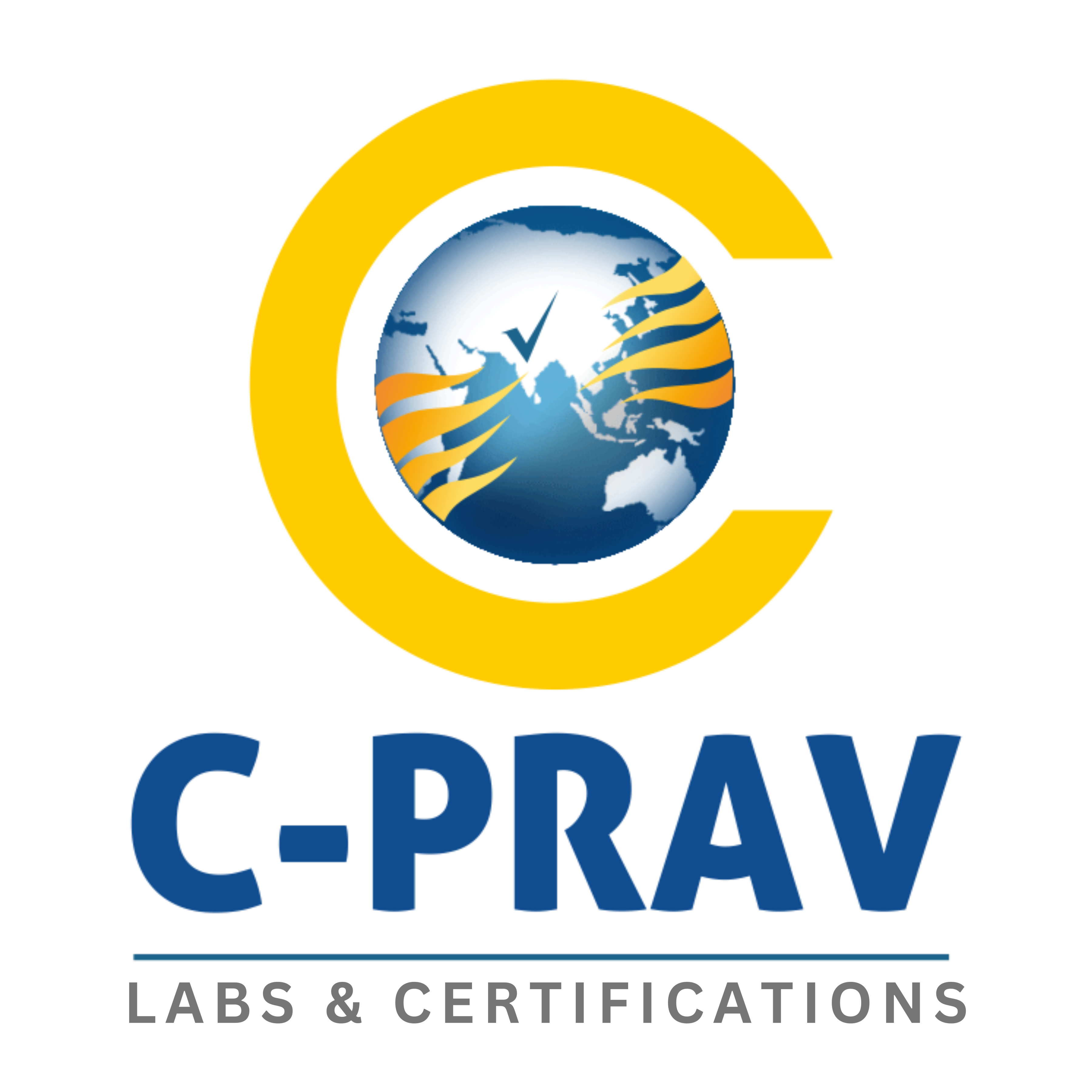BSMI Certification Mark
For standards and regulations in Taiwan
BSMI Mark: Ensuring Compliance in the Taiwanese Market
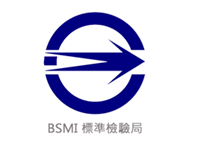
Understanding BSMI Mark
BSMI, or the Bureau of Standards, Metrology and Inspection, is a Taiwanese government agency that ensures products comply with local safety and quality standards. The BSMI Mark is a symbol of approval, indicating that a product has met the stringent requirements set by the Bureau.
The BSMI oversees the implementation of mandatory regulatory product certification as well as voluntary product certification programs.
The BSMI is responsible for ensuring that products meet the safety standards and regulations set by the Taiwanese government. This includes assessing the safety features and requirements of the products to ensure they do not pose any hazards to users or the environment.
In addition to safety, the BSMI certification also evaluates the electromagnetic compatibility (EMC) of products.
Regulated Products
BSMI approval is required for a wide range of regulated products used in various industries, including:
Conformity Assessment Procedures
The Bureau of Standards, Metrology and Inspection (BSMI) in Taiwan regulates the certification process through various methods:
- Registration of Product Certification (RPC) Scheme
- Batch-by-Batch Inspection (BBI)
- Declaration of Conformity Scheme
BSMI registration requires a local representative in Taiwan.
Registration of Product Certification (RPC)
Registration of Product Certification is a scheme that allows the products to be certified before they are mass-manufactured.
It is Ideal for products with higher risk or complex specifications, RPC involves thorough testing by BSMI-accredited laboratories.
The process for RPC consists of 7 modules from product designing to manufacturing. All the products are required to undergo testing (Module II). Then the applicant can draft a declaration of conformity to ensure they are in conformity with the type test report (Module III).
For high-risk products quality management (Module IV, VIV, VVI) OR Factory inspection (Module VII) will also be required. Once Certified the product will have Commodity Inspection Mark.
In the BSMI RPC Certification Scheme, product marking includes a certification identification number, issued in the certificate, consisting of 6 digits. The first digit must be either an ‘R’ (indicating RPC) . For example: R2A201, where ‘2A201’ corresponds to the applicant’s identification code.
RPC is valid for 3 years.

RPC Process
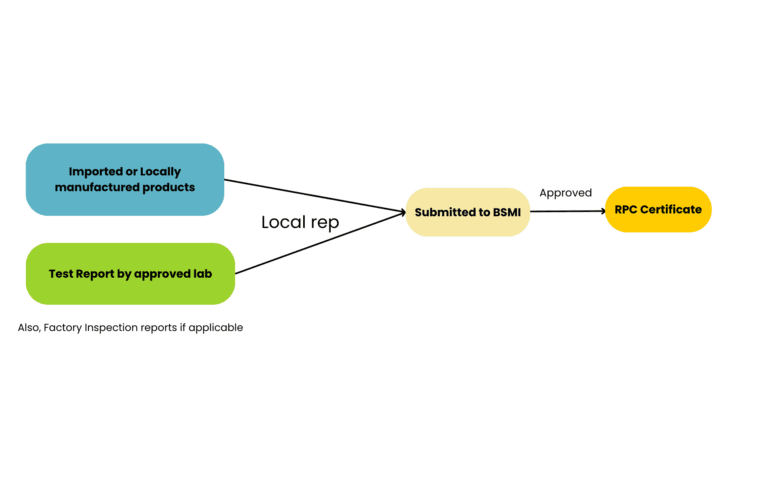
Batch-by-Batch Inspection (BBI)
Batch-by-batch inspection is mainly for unstable or risky products. It applies to a few items. Most products have an alternative option called Product Certification Registration (RPC).
Manufacturers or importers must request BSMI inspection before shipping or upon arrival at the port. Products that pass inspection shall be affixed to the Commodity Inspection Mark before sale in the market.
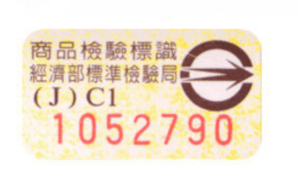
Type-Approved Batch Inspection
To obtain BSMI certification for certain product categories, manufacturer or importer may require to obtain a Type approved certificate. To obtain this the product needs to be tested at the lab approved by BSMI. Once the Type approval certificate is obtained the manufacturer or importer needs to mark the product with the commodity inspection mark and file for inspection with BSMI each time the product is released from the factory or when it arrives at the port.
The BSMI will review the application and may require samples if any additional testing is required.
Type-Approved Batch Inspection (TABI) is valid for 3 years
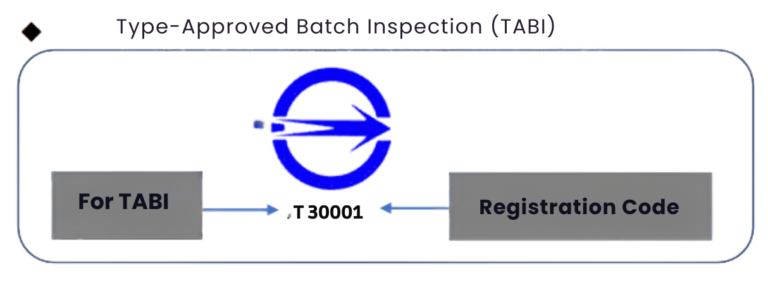
Declaration of Conformity Scheme
Suitable for products with lower risk and simpler compliance requirements, the Declaration of Conformity Scheme allows manufacturers or importers to declare their product’s conformity with BSMI standards based on a self-assessment.
At present, 9 items of commodities are announced to be applicable to the DoC procedure from January 8, 2002. These include electric calculators, data storage units, main boards, add-on cards with I/O, power supplies for computers and etc.
The Declaration of Conformity is indefinitely valid.
Voluntary Product Certification
Voluntary certification is not a legal requirement, but it provides consumers with assurance that the certified products meet specific standards.
Under this, there are two programs for certification, namely CNS Mark and VPC Mark.
CNS Mark confirms product quality meets national standards, while also verifying manufacturers’ adherence to ISO 9001 for quality management systems.
The VPC System, introduced recently, focuses on products with short life cycles and accessible international standards. Unlike relying on national standards, the VPC System utilizes international standards for testing.
Related Services
Click here to know about the Approval Process for the Canadian Market
Click here to know about the SRCC certifications
Click here to know everything about Type Approval for Fiji
Click here to know everything about Type Approval for Hong Kong
Click here to know everything about India Approvals
Click here to know everything about PSE Mark
Click here to know everything about MIC Certificate
Click here to know everything about Type Approval for Malaysia
Click here to know everything about Type Approval for Russia
Click here to know everything about Type Approval for Saudi Arabia
Click here to know everything about Type Approval for South Africa
Click here to know everything about Type Approval for Singapore
Click here to know everything about Type Approval for South America
Click here to know everything about Type Approval for South Korea
Click here to know everything about NCC Certificate
Click here to know everything about BSMI Mark
Click here to know everything about Type Approval for USA
Company Strengths at a glance
Why C-PRAV?
We offer a holistic range of services dedicated to facilitating the approval process for our clients. Our assistance includes expert guidance in ensuring strict adherence to BSMI Approval requirements.
Comprehensive Support
We specialize in meticulously preparing and organizing the requisite technical documents, customizing them to align seamlessly with the chosen certification scheme.
Cost-Effective Solutions
We understand the importance of tailored solutions. We recognize that every product is unique, which is why we specialize in customizing compliance strategies to perfectly align with your specific needs and budget. Our comprehensive, end-to-end service is designed to be cost-effective while delivering exceptional results
We Have Great Answers
Ask Us Anything
Registration of Product Certification is a program that enables pre-certification of products prior to mass production. For products having RPC certificate the frequency of border checks is typically low and can be adjusted based on feedback from market surveillance activities.
The Registration of Product Certification (RPC) scheme in Taiwan allows products to be certified before mass manufacturing, ensuring compliance with standards at each stage. Batch-by-batch inspection, on the other hand, involves inspecting individual product batches to verify conformity with standards, focusing on specific batches rather than the entire product life cycle
The BSMI Mark is a product safety certification issued by the Bureau of Standards, Metrology and Inspection in Taiwan, ensuring compliance with safety standards. The NCC Certificate, issued by the National Communications Commission, is specifically required for wireless communication devices to ensure compliance with technical and regulatory standards for wireless communication in Taiwan
If modifications are made to the device that affect its functionality, safety, or compliance with the applicable standards, it is generally required to undergo retesting and reevaluation to ensure continued conformity. This involves submitting the modified device to the BSMI or a designated testing laboratory for assessment.
BBI (Batch-By-Batch Inspection) involves inspecting and testing each individual batch of products in Taiwan to ensure compliance with regulations. TABI (Type-Approved Batch Inspection) selects a representative sample from a batch for inspection, assuming compliance if the sample passes. Both methods are used to ensure product conformity, but differ in the extent of inspection conducted on each batch.
Yes, it is necessary to obtain country specific certification for Taiwan. . Taiwan has its own set of regulatory requirements and conformity assessment procedures that products must comply with in order to be legally marketed and sold in the country.
Yes, in Taiwan, it is required to have a local representative or a local authorized agent when applying for BSMI certification
It depends on the device
Regulatory Updates for Taiwan
Taiwan’s National Communications Commission (NCC) has upgrades regulations for low-power radio frequency equipment
The National Communication Commission of Taiwan (NCC) has revised its “Regulation on Low Power Radio Frequency Equipment” following a public consultation in December 2023. This
Taiwan’s National Communications Commission (NCC) has upgrades regulations for low-power radio frequency equipment
The National Communication Commission of Taiwan (NCC) has revised its “Regulation on Low Power Radio Frequency Equipment” following a public consultation in December 2023. This
